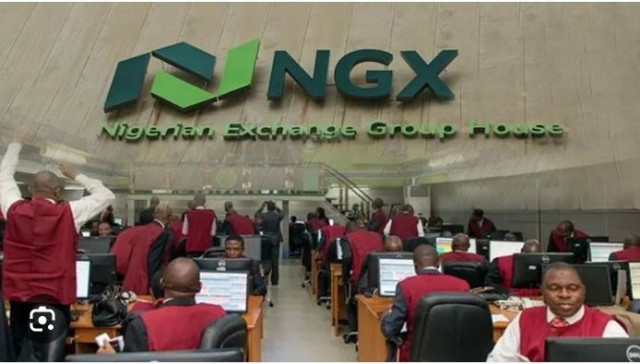The Nigerian Exchange Limited and Meristem Securities have joined forces to introduce an Unstructured Supplementary Service Data (USSD) platform with the goal of promoting financial inclusion and broadening access to the capital market.
According to a statement released yesterday, investors can now access real-time stock market information, connect with brokers, and monitor their investments using a USSD code on their mobile phones.
The USSD platform has been specifically designed to remove barriers and allow a larger audience to participate in the capital market from anywhere.
The Head of Investment Advisory at Meristem Stockbrokers Limited, Temitope Oludimu, highlighted that the platform enables clients to conveniently trade stocks online.
He stated, "MeriTrade offers users the opportunity to conveniently buy and sell stocks online through the Nigerian Stock Exchange, whether they are at home, in the office, in their car, or on the move. The platform revolutionizes stock broking and provides a top-notch experience by bringing your broker to you (electronically) in the comfort of your home or office."
The Head of Trading and Products at NGX, Abimbola Babalola, also commented on the platform, stating that the USSD platform signified a move towards openness and availability in the Nigerian capital market.
He emphasized that the exchange aimed to empower investors to take control of their investments, enabling them to monitor their stocks at any time using a device, instead of relying on traditional methods like reading newspapers or waiting for news updates.
Afeez Ramoni, the Head of Data and Digital Innovation at NGX, stated that using the short code, users could start the account opening process and receive updates on market trends and stock prices even without Internet's connectivity.
By 2023, the percentage of financially excluded Nigerians has decreased to 26%, from 32% in 2020, indicating significant progress towards the Nigeria Financial Inclusion Strategy goal of reducing financial exclusion to 25% by 2024.
In February, the Securities and Exchange Commission (SEC) reported that less than five per cent of adult Nigerians participated in the Nigerian capital market.
#




















